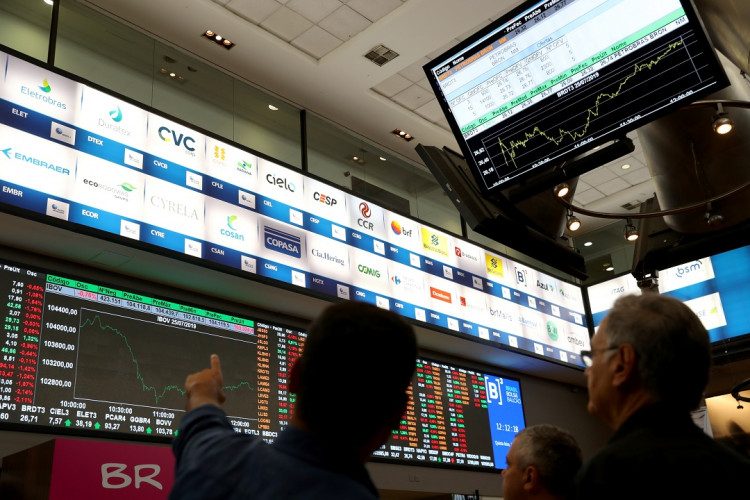Activity in China's NASDAQ-style tech innovation board has now cooled down after a week of frenzied trading from investors both domestic and abroad. China's Star Market debuted last week with the first batch of 25 companies made available to the public.
As part of the rules and regulations implemented uniquely for the new tech innovation board, the China Securities Regulatory Commission and the Shanghai Stock Exchange agreed to place no price change limits for the first week of the Star Market.
The board, which started trading on July 22, immediately attracted investors from all over the globe who wanted to bet on the new tech startups.
This sent some stock prices as high as 400 percent above their initial pricing, with most seeing an average increase of around 140 percent during the first week of trading. The highest growth seen on the board during its first week was Shanghai-based circuit manufacturer Anji Microelectronics.
This week, daily price change limits on all of the companies listed on the board are now in effect. However, unlike most of the other A-share listing, the Stat Market will be getting a 20 percent change limit instead of the typical 10 percent.
One company on the board, Beijing World Diamond Tools, immediately hit the 20 percent ceiling on Monday.
This was a clear sign that investors are still betting big on the tech startups despite the new trading rules now in play.
While activity on the board is relatively lower than it was last week, a good number of the listings still saw major fluctuations. Stock transaction turnover rates for some of the companies on the board still approached 50 percent at the start of the week. These companies included companies such as Suzhou Harmontronics Automation Technology, Traffic Control Technology, and Beijing Piesat Information Technology.
Market specialists predict that active on the board will eventually cool down even further due to the price change limits. This will hopefully result in more rational turnover rates and trading within the board. This means that the performance of the companies on the board will no longer be based on speculation, but will instead be based on their operations and overall business.
With the frenzied trading now behind it, the Star Market is now expected to finally fulfill its intention of nurturing Chinese tech startups and providing them with proper financing.
The tech innovation board may have been initially criticized for instigating speculative trading, but its successful first week has proven that the regulations that have been put in place do work and the board should eventually nurture a more complete valuation system as more companies are added.






